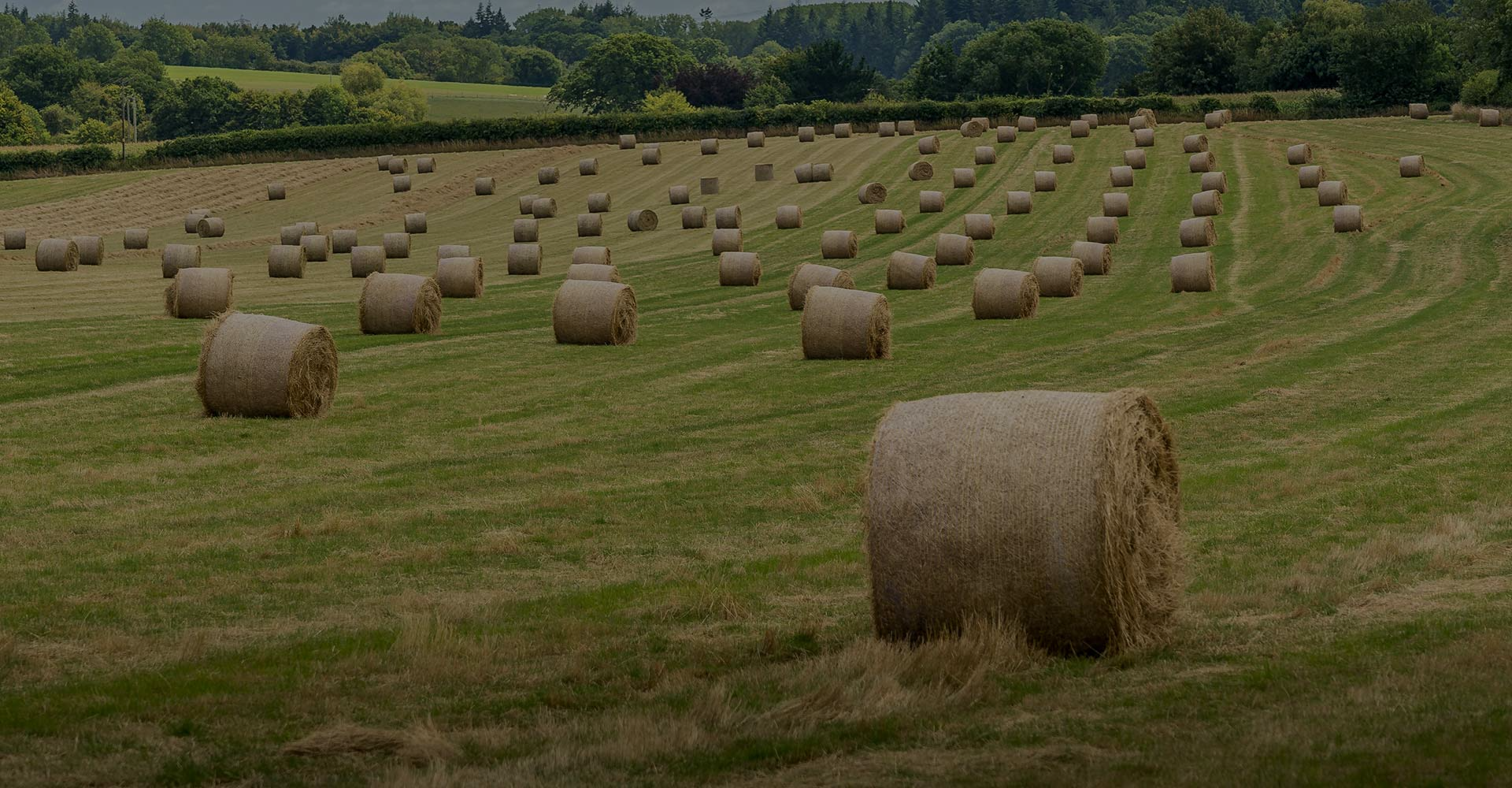Farm Management
Meaning and concept of farm management, objectives and relationship with other sciences. Meaning and definition of farm, its types and characteristics, factors determining the type and size of farm
Principles of Farm Management: Concept of production function and its types, use of production function in decision making on farm, factor-product, factor-factor and product-product relationships, principles of equi-marginal/or opportunity cost and law of comparative advantage.
Farm management is the process of planning, organizing and controlling various activities and resources involved in agricultural production, so as to achieve the desired goals of the farm. It is an important aspect of agricultural economics and plays a vital role in ensuring efficiency, profitability and sustainability of farming operations.
Planning:
Farm management begins with careful planning. Farmers need to set clear goals, analyze market conditions, assess available resources (such as land, labor, capital and technology) and devise appropriate strategies to achieve their objectives.
Organizing:
Once the plan is in place, the next step is to organize the farm's activities and resources. This includes assigning tasks to workers, managing crop and livestock schedules, and ensuring the smooth running of day-to-day operations.
Financial Management:
Financial management is an important aspect of farm management. It involves budgeting, cost analysis, investment decisions, and the effective use of available funds to maximize profits and manage risks.
Risk Management:
Farming is subject to a variety of risks, including climate variability, market fluctuations, and pest and disease outbreaks. Farm managers adopt risk management strategies such as insurance, diversification, and adopting flexible methods to minimize these risks.
Sustainability:
Sustainable agricultural management is gaining increasing importance to conserve natural resources, protect the environment and ensure the well-being of future generations. This includes adopting environmentally friendly practices, promoting biodiversity and conserving soil and water resources.
We provide such functional services among farmers with the main aim of scientifically reducing the consumption of the farmer and doubling his income.








